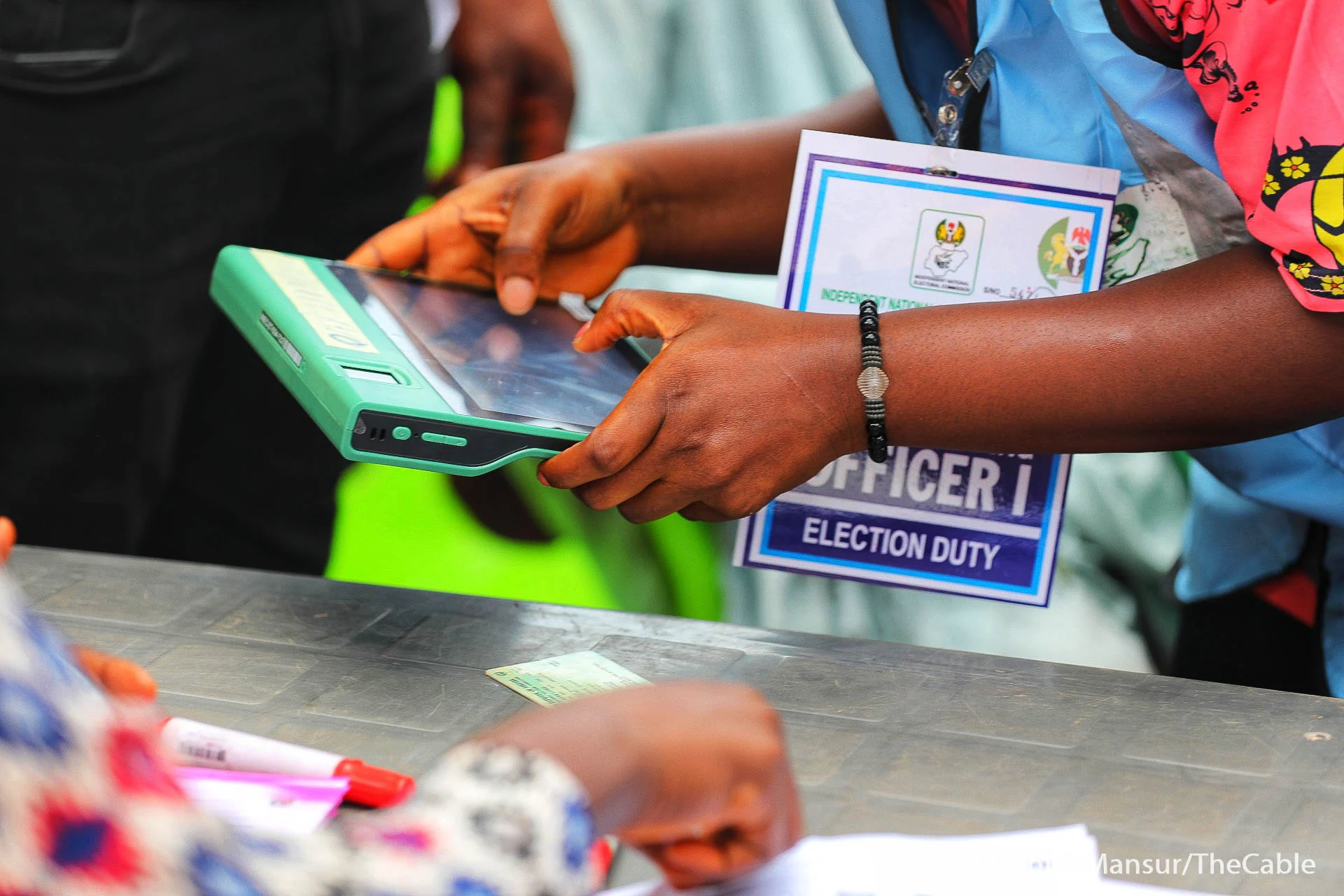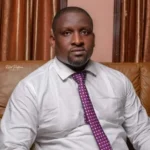It is now 10 days to the 2023 general elections. Everyone paying attention to Nigeria’s election is now putting their hopes on INEC to ensure it is free and fair. INEC is banking on the revised Electoral Act to ensure the elections are transparent and credible. So far, there are doubts regarding the robustness of the act.
Legal loopholes were used to bypass the Electoral Act to reinstate candidates who did not contest in primaries. Citizens will go into the elections with doubts regarding the credibility of INEC. The institution must ensure they do not fail people’s expectations as they are seen as the better alternative to the courts.
The lamentable statement from the Supreme Court – that the court is not Father Christmas for justice – when Ahmed Lawan was reinstated as the senatorial candidate for his party, against all odds, made it clear to candidates that the only way to avoid such anomalies is by not going to court. And the only way to avoid going to court is to ensure the elections are free and fair.
The plan for INEC to conduct a transparent and credible election relies on two innovative technologies. First, the use of BVAS to accredit voters as against the defunct Card Reader. The BVAS machine has two ways of certifying voters – thumbprint and facial. Second, they will use a result viewing portal – IREV – where people can view polling unit results as voting ends.
- 2023: Tinubu, Atiku are aging, says Northern Elders – spokesman
- 10 days to go: No cash yet for elections – INEC
With these two technologies, INEC believes they will tackle most of the problems in Nigeria’s election result management process. These include over-voting, falsification of the number of accredited voters, collation of incorrect results, mutilation of results, computational mistakes, swapping of results sheets, forgery of results sheets, ballot box snatching and destruction of results sheets, and false declaration of results.
There are issues regarding these technologies. One event that comes to mind is the Osun State election, as INEC sent two distinct BVAS reports to various stakeholders. It sounds absurd and casts doubt on its robustness. Many wonder how the BVAS could not deny the upload of polling results when the total number of voters exceeded the accredited numbers, given that voters were accredited before they cast their ballots. It is also surprising that Osun voters could cast their votes without being accredited.
It may sound like an overreach, but INEC needs to clarify these as candidates seeking electoral offices will want to avoid squandering their hard-earned income on pointless lawsuits. Especially during a polarised campaign like this one, tensions can rise. INEC did not make any convincing explanation, but they have been engaging in a mock accreditation exercise across the country to ensure things go well during the general elections.
During INEC’s nationwide mock accreditation exercise, an independent organisation – Yiaga Africa – noted some technical challenges that may hamper the process. BVAS was reported to have rejected some voters with PVCs because they migrated to a new polling unit without notice. Their names were not discovered on the BVAS for the polling unit. INEC needs to notify the people affected to avoid anxiety and chaos on election day.
Following the simulated exercise, one can say the success of BVAS will depend on internet signal availability and lack of malfunction. Internet signal challenges will create further problems for the transmission of results. The most common failure with the BVAS devices was malfunctioning fingerprint scanners in almost half of the centres.
The observers reported that it took the agents around 15 minutes to repair the faulty machines. INEC says it has about 20 per cent extra BVAS, and arrangements are made to ensure quick replacements. For universal success, it will be good for INEC to engage more and familiarise people with BVAS and its potential problems. People with technophobia need to be exposed more to the machine. Agents and voters must have first-hand information about BVAS to know if there is a malfunction and when changes are being made. People still have mistrust and doubts, which may raise tension when the voting process is delayed.
Since snatching ballot boxes is now futile, election thugs may be targeting internet communication infrastructure and, more importantly, the BVAS itself may be a target for snatching. It will be good to ensure the security of the environment.
INEC says there is no alternative for BVAS. When the machine fails, section 47(3) of the Electoral Act will be activated by rescheduling voting within the next 24 hours – if INEC is convinced that voting at the polling unit will affect the outcome of the whole election. INEC should make an effort to enlighten the public about this section of the law.
Polling agents may be at risk when BVAS malfunctions and all alternatives have been exhausted, leaving them no option but to suspend the voting exercise as the law stipulates. Given the mistrust of officials and low intolerance levels, INEC officials must be careful not to test people’s patience, especially when they are uninformed about the law that governs the decisions. Therefore, cancelling the voting in front of over 500 voters will pose a huge threat to the courageous polling agents who dare to make the announcement and even those who are seen sympathising with them.
In spite of these potential hiccups, there is global optimism that INEC may conduct a credible election. The citizens are in support. All political parties have publicly expressed their confidence in INEC. Even the international community has joined in support, with the US announcing a visa ban for anyone involved in voter fraud activities.
The government has provided INEC with everything it asked for, and they have procured everything they needed for the elections. Therefore, the only thing left is for INEC to deliver what everyone expects – free and fair elections.

 Join Daily Trust WhatsApp Community For Quick Access To News and Happenings Around You.
Join Daily Trust WhatsApp Community For Quick Access To News and Happenings Around You.


